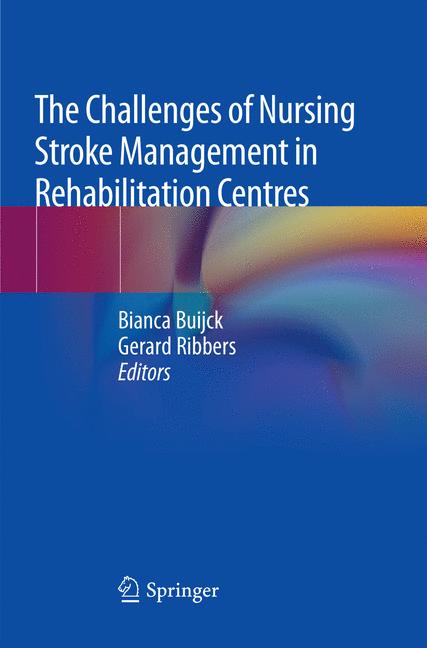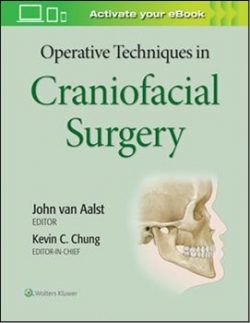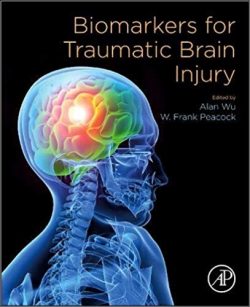This volume provides integral knowledge of all aspects of stroke care and rehabilitation after stroke, and is therefore highly relevant for nurses who work in rehabilitation centers. It outlines the several phases after stroke, for example the type of care patients may receive in the chronically phase at home. Nurses will obtain knowledge about treatment, importance of observation and caring with a special focus on communication problems, swallowing problems, activities of daily living, urinary and defecation problems, shoulder and hand issues.
Thanks to photographs, nurses will learn to transfer patients in the adequate positions. Several chapters provide nurses with examples of effective and efficient collaboration with multidisciplinary professionals, informal caregivers and patients themselves. There is also an emphasis on behavior and cognitive functioning. And lastly, in the final chapters authors highlight the organization of rehabilitation and integrated care issues.
Nurses play a very important role in rehabilitation, education, counseling, prevention, and caring for patients with cerebrovascular accident (CVA). In caring for stroke patients, nurses need specific competences and abilities that go beyond the general neurologic knowledge and experience. Nurses need to collaborate in an efficient and effective manner with multidisciplinary team members in their organization and across organizations. This book discusses medical aspects and specific symptoms of a stroke, as well as the limitations that patients experience, and which interventions are indicated for recovery.
Chapter 6. Skills
Chapter 11. Problems with the shoulder and hand due to hemiplegia
Bianca Buijck completed her doctorate in 2013. She investigated the multi-dimensional challenges of geriatric rehabilitation after amputation or stroke with the specific focus on rehabilitation outcomes concerning quality of life and neuropsychiatric symptoms (GRAMPS study). She works as Coordinator and Managing Director of the largest stroke service in the Netherlands, a collaboration of 19 health care organizations. She works on stroke care issues, education (development) and research, in close collaboration with various national and international professionals (nurses, CEOs, neurologists, researchers, elderly care physicians, physical therapists etc.). As the Managing Director, Bianca is responsible for research and project plans. She has a strong influence (evidence based) on stroke care, by bringing people together discussing the best stroke care possible. Meanwhile, she is a lecturer (and author) at several universities and universities of applied science, and serves as a reviewer of several peer reviewed journals.
In the last five years Bianca published more than 20 articles in national and international peer reviewed and professional journals, and published numerous books and book chapters. She presented her work at more than 70 national and international conferences, and presented more than 15 posters at Dutch and international conferences.
This volume provides integral knowledge of all aspects of stroke care and rehabilitation after stroke, and is therefore highly relevant for nurses who work in rehabilitation centers. It outlines the several phases after stroke, for example the type of care patients may receive in the chronically phase at home. Nurses will obtain knowledge about treatment, importance of observation and caring with a special focus on communication problems, swallowing problems, activities of daily living, urinary and defecation problems, shoulder and hand issues.
Thanks to photographs, nurses will learn to transfer patients in the adequate positions. Several chapters provide nurses with examples of effective and efficient collaboration with multidisciplinary professionals, informal caregivers and patients themselves. There is also an emphasis on behavior and cognitive functioning. And lastly, in the final chapters authors highlight the organization of rehabilitation and integrated care issues.
Nurses play a very important role in rehabilitation, education, counseling, prevention, and caring for patients with cerebrovascular accident (CVA). In caring for stroke patients, nurses need specific competences and abilities that go beyond the general neurologic knowledge and experience. Nurses need to collaborate in an efficient and effective manner with multidisciplinary team members in their organization and across organizations. This book discusses medical aspects and specific symptoms of a stroke, as well as the limitations that patients experience, and which interventions are indicated for recovery.





